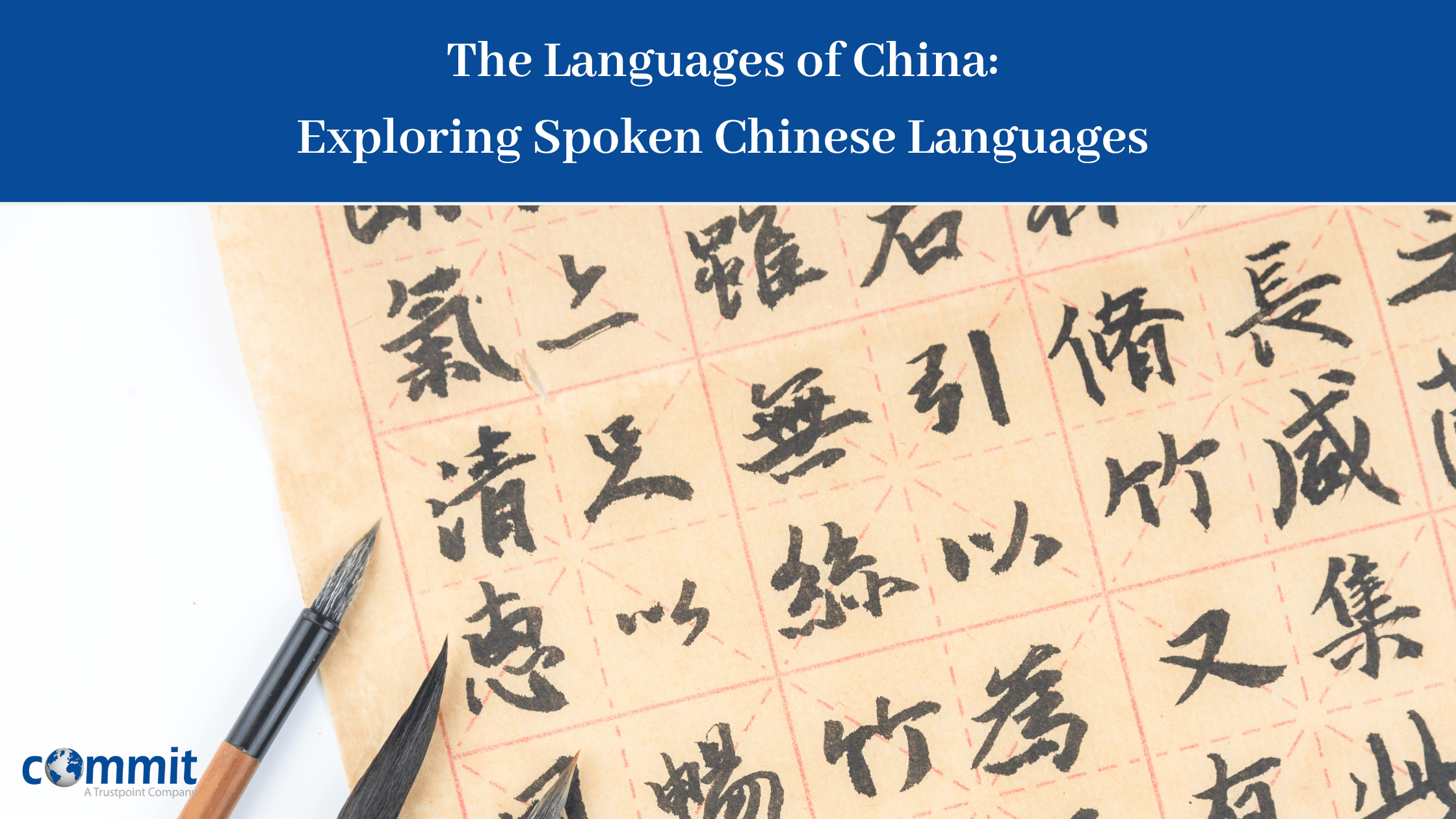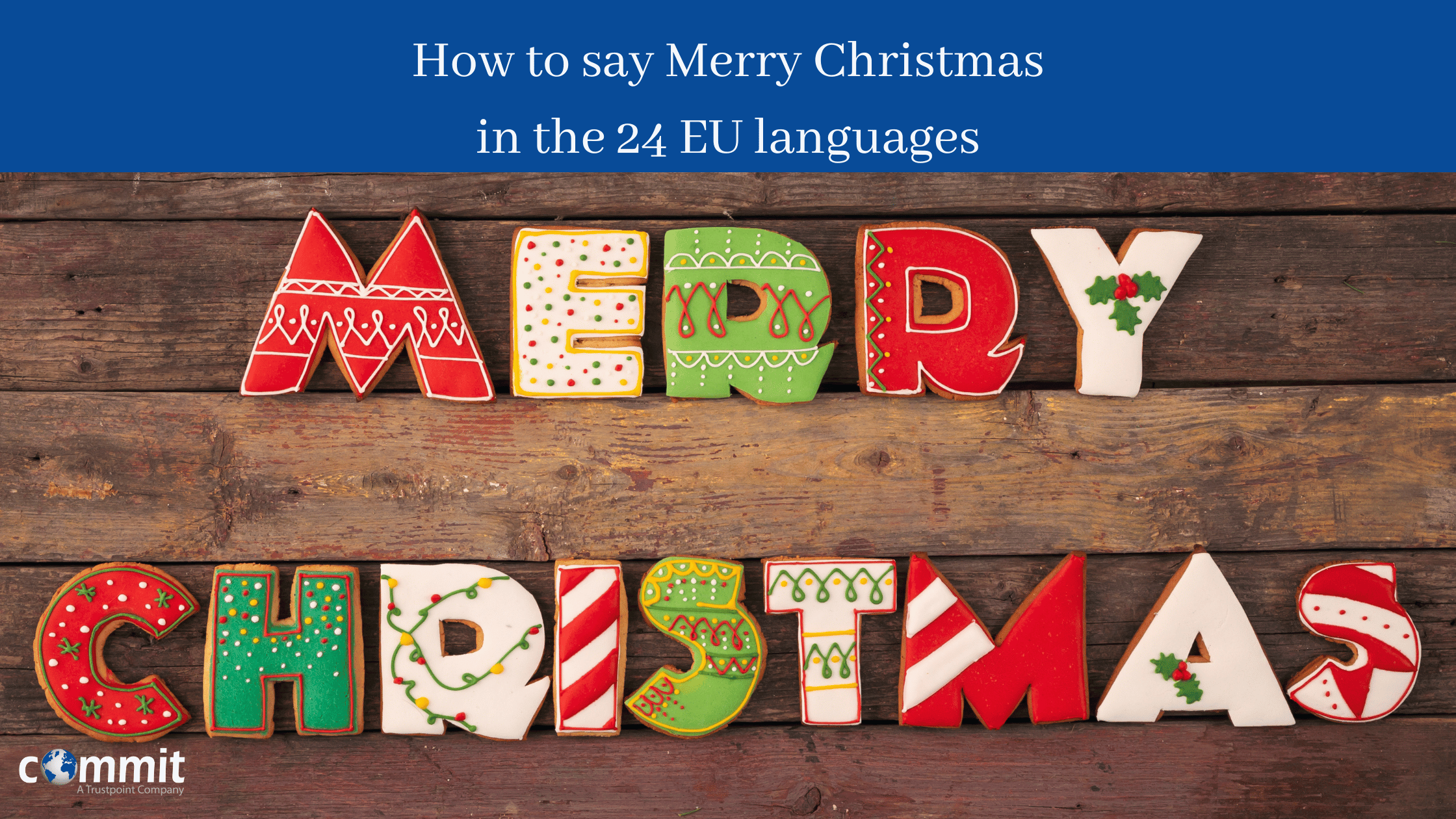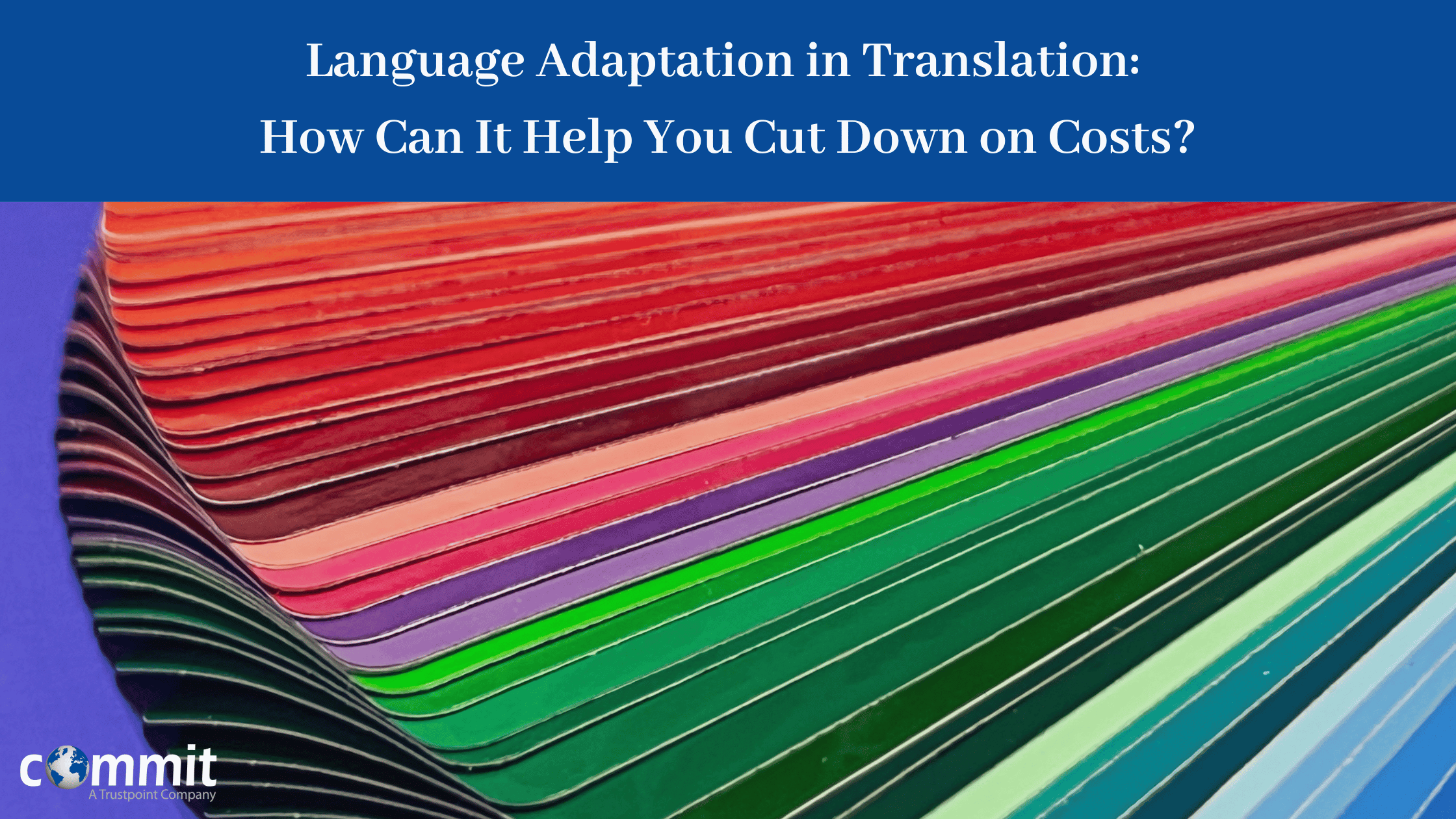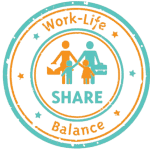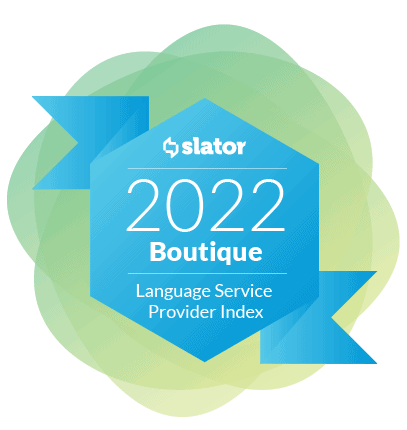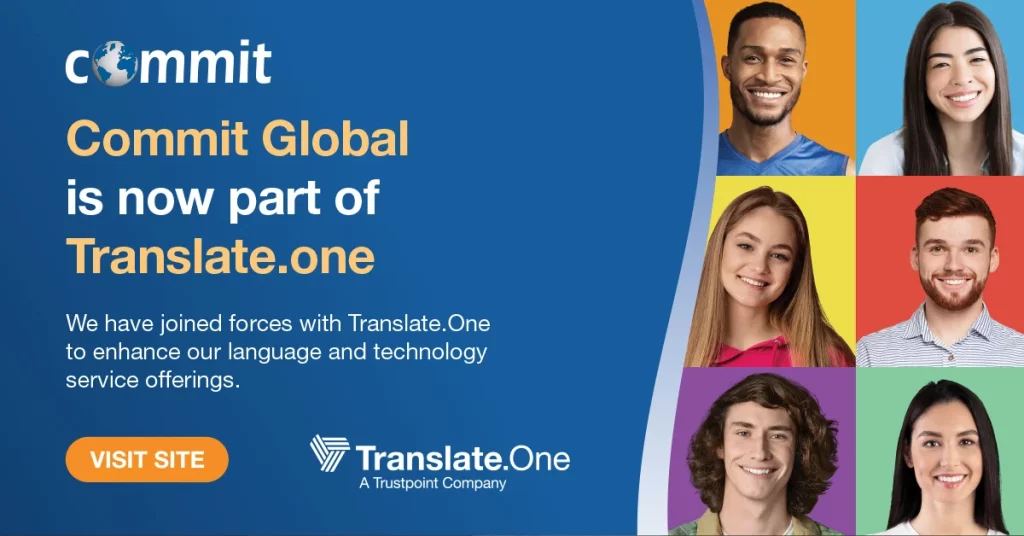|
Listen to Post
|
Listen to this article now:
What is blockchain technology?
Blockchain is the name of a whole new, yet embryonic, technology. As the name states, blockchain is a sequence of blocks or groups of transactions that are chained together and distributed among users.
Quoting Don & Alex Tapscott, authors of Blockchain Revolution “The blockchain is an incorruptible digital ledger of economic transactions that can be programmed to record not just financial transactions but virtually everything of value.” Some call it the truth machine: a shared and continually synced database stored and controlled in a decentralized network accessible from anyone who owns any part of the data used.
So according to its’ supporters, blockchain goes beyond transactions, enabling exchange of value without intermediaries. It is also empowering people to enter the global economy by providing protection of privacy and intellectual property assurance.
To put it simply, it means cutting out the middleman between service providers and customers, enabling them to transact safely and directly. Think of financial transactions like money transfers, where all intermediate steps of checking for funds, applying service charges and currency conversion are overridden. Sending someone money without going through an intermediary bank or credit card company. Imagine being able to track where goods are manufactured, through an item history that verifies where, when, how, and by whom products are made. Being able to see exactly where your donations go, and how those funds are used. Having access to medical data and patient records with absolute protection and transparency or voting supported by a technology that can eliminate election fraud.

Blockchain applications across industries
Blockchain is mostly known as the technology behind cryptocurrencies and when we hear “blockchain” we usually think of bitcoin, a type of bank independent digital currency where a record of transactions is maintained and new units of currency are generated.
But digital currency is only one of blockchains’ applications. This decentralized, transparent, secure and peer-to-peer platform can be used in many other environments.
Blockchain technology has come “fast and furious”. With tech giants like Google, Amazon, Facebook, Alibaba, Tencent, Samsung, Intel, IBM jumping in the trend, blockchain seems to be affecting many industries and sectors. Here are just are few examples of adopters:
- United States Air Force (USAF) has signed a deal with blockchain startup Constellation Network to secure defense data
- Empire Hotels turns to blockchain to protect hotel bookings
- Pfizer pilots blockchain systems that track who touched what drug and when
- Bumble Bee Foods uses blockchain to track fish-to-market journey
- Verisart uses blockchain to verify the authenticity of artworks
- IBM develops blockchain system for oil and gas transactions in Abu Dhabi
- The World Bank launches blockchain bond to fund substantial development
- Kodak creates photo intellectual property platform on the blockchain
- De Beers successfully delivers diamond-tracing blockchain pilot
- Sierra Leone partially conducts presidential elections with blockchain
- DHL and Accenture team up for blockchain to stamp out pharma fraud
- Singapore Airlines develops blockchain-based digital wallet for frequent flyers
- Toyota turns to blockchain for driverless car insurance data
- MasterCard files a patent for its own blockchain money transfer service
- BNP Paribas and EY explore private blockchain for global internal treasury operations
So, for sectors such as fintech, banking, government, voting, legal industry, security, healthcare, charity and aid organizations, real estate and rentals, blockchain seems to be getting down to business.

How does blockchain impact translation services?
For the translation and localization industry, blockchain has two areas to consider.
Blockchain translation and cryptocurrency related localization services
Who is performing cryptocurrency and blockchain translations? “We translate for your token” is a translation company motto I came across when reading about how blockchain relates to the translation and localization industry. Blockchain is undoubtedly another specialization area alongside fields such as legal, medical, financial and so on. More and more companies offer blockchain translation, localization and copywriting services covering ICOs and cryptocurrencies. These include ICO and Pre-ICO documentation, white papers, smart contracts, cryptocurrency-related content and websites, trading platforms, financial reports etc.
In this up and coming area, related articles seem to place Chinese, Korean, and Japanese amongst the most popular languages. This happens because East Asia is on the forefront of the “crypto movement” and also because blockchain-related content is usually hard to understand without a good knowledge of English. Spanish, Russian, German follow as that’s where the second-to-highest demand seems to come from.
Blockchain-enabled marketplaces
Following the trend, blockchain-enabled marketplaces funded by ICOs (initial coin offerings) have also been created for the translation and localization industry. These marketplaces offer environments where participants can sell their services (assets) to buyers directly using payment tokens running on blockchain platforms. In these scenarios, a translator, revisor, editor, agency or anyone else participating in a project pipeline adds metadata, such as their name, type of material, language pair, identifier of customer, date and time etc to the blockchain. These data are then encrypted using the public key of the customer so only the customer can access it. If a quality issue is detected, it can be effectively traced. Clients can access the specific block where the information has been stored and see what happened. And they decide which translators/reviewers they would like to use for their future projects based on that information.
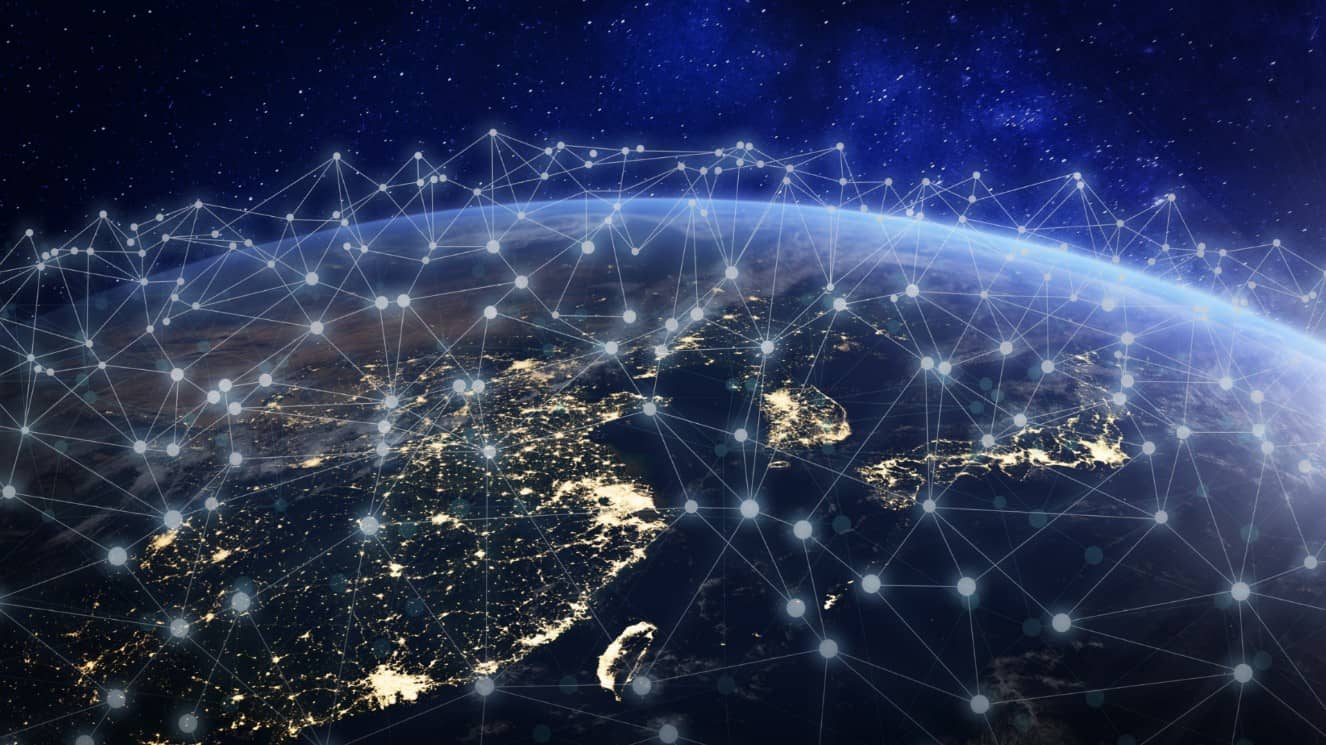
Main goals and offerings of blockchain translation
These include the following:
- Protection of intellectual property by assigning title rights to their creators and permanently recording their work.
- Tracing work down to the original linguist and compensating owners fairly for any future use of their content
- Sharing linguistic assets such as translation memories and translation engine training data on demand, on a pay-per-use basis
- Tracking the quality of blockchain translations and improving reliability, enabling buyers to decide which linguists to hire for their projects
- Speeding up the payment process by streamlining micropayments using cryptocurrency
To discover the difference that our fast and accurate services can make in the localization of your blockchain content, get in touch with the Commit Global team today!


